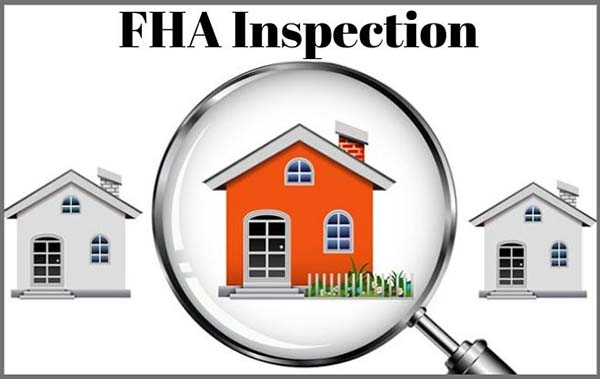It is important that you follow these basic smart home inspection guidelines before buying a house. Home inspections are an indispensable part of the home-buying process. Buying a home without one is the same as buying a car without even kicking the tires.
Any good real estate agent will recommend you include a home inspection clause when you make an offer on a house. That usually means you will be paying for the inspection, so you need to know what you are getting for your money.
CAD Pro has helped thousands of homeowners, realtors, builders, and contractors plan all types of home inspections. CAD Pro is used by NARI professional remodelers and contractors and the NRCA roofing contractors. CAD Pro is also used by NHBA home builders and contractors, the National Kitchen & Bath Association (NKBA). as well as the (NALP) National Association of Landscape Professionals.

Smart Home Inspection Guidelines & Tips
Smart Home Inspection Guidelines
Whether you’re a buyer or a seller, the home inspection can make you sweat. Before you get too worked up, take a deep breath and realize that a home inspection isn’t a pass or fail thing. In fact, no home inspection will yield perfect results.
But some inspection reports are more concerning than others, and it’s important to know if an issue is a minor repair or a money pit. Here’s everything you need to know about home inspections!
Know Who to Call for Advice
Whether you’re buying or selling a home, a less-than-perfect home inspection certainly complicates things. After all, it’s difficult to tell when to spend the money to fix an issue and when to negotiate a compromise. That’s why you need an experienced agent who can guide you through the rough patches and help you come up with a solution that follows these smart home inspection guidelines.
What Is a Home Inspection
Home inspections are a vital part of the home-buying process because they help the buyer avoid any surprises with the home they are purchasing. A home inspection includes an evaluation of structural elements, electrical features, plumbing, and heating and cooling systems.
A qualified home inspector will look for any health and safety problems, as well as any positive or negative property conditions. When the inspection is complete, the home inspector will provide a written, comprehensive report that details any issues with the home.
A buyer would be crazy to skip the home inspection. That’s why a good real estate agent will make sure it is part of the home-buying contract.
The Value of a Home Inspector
A qualified home inspector combs a property’s visible and accessible areas to identify any health and safety problems, positive or negative conditions of the property and any conditions that need further specialized attention.
An inspection includes following these smart home inspection guidelines and structural elements such as the roof, foundation, walls, windows, doors, insulation, basement or crawlspace and attic. Electrical, plumbing, heating and cooling systems are also part of a home inspection. It can even include examination of appliances and should also report any evidence of termites.
Once the inspection is complete, a home inspector provides a written, comprehensive report detailing any issues with the home.
Some important things to remember:
- No home is perfect. It is not uncommon for a report to include 50 or more issues.
- This is not “pass” or “fail.” The inspection gives you the information you need to decide whether or not to buy the home “as is” or negotiate with the seller to either fix (some of) the problems or reduce the price.
- This is not a warranty. The report identifies issues found the day of inspection and cannot predict problems that may arise a few months or a few days down the road.
You Are Not A Home Inspector
Home inspection is another one of those jobs best left to professionals. Few of us have the expertise to identify electrical, plumbing and structural problems. Combine that with the emotional factors of buying a home, and it’s easy to see why potential buyers are not the ones who need to do the inspecting.
With that said, it’s a good idea to accompany your home inspector so you can ask questions and see the good and not-so-good for yourself and make sure the inspector follows these smart home inspection guidelines.
How to Find a Good Inspector
Your real estate agent will probably be able to recommend a home inspector. If you would rather choose your own, be aware that only about half the states have licensing or certification requirements. In either case, you want an inspector with plenty of experience. Check out the International Association of Certified Home Inspectors, www.nachi.org, for more information on selecting an inspector.
Home Inspection Fees
Home inspection fees vary but are usually well under $1,000. Considering how much an inspection can save you by avoiding potential disasters, it’s money well spent.
The buyer pays for the home inspection. The cost can vary, but the U.S. Department of Housing and Urban Development estimates that it may cost a home buyer $300–500 for a home inspection. That may sound steep, but paying a few hundred dollars is worth it to avoid a costly surprise down the road!
If you’re ready to start house hunting, don’t go at it alone.
Cad Pro is an affordable and easy alternative to other more expensive home design software. Cad Pro is great for designing outdoor living projects, DIY home projects, smart home designs, technical drawings, electrical drawings, construction details, and much more.
